Learn about other Fabrics
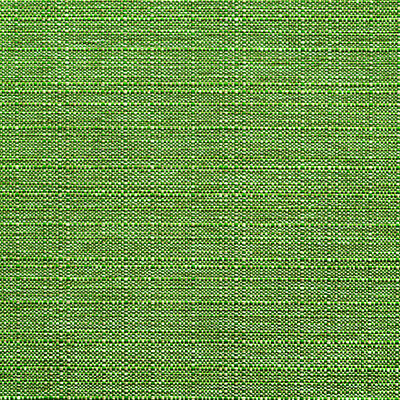
Canvas Fabric
Dive into the world of canvas material - a versatile and enduring fabric with a rich history. Learn about its characteristics, explore its wide-ranging applications, from art to industrial use, and find valuable care tips for maximizing its longevity in this detailed guide.
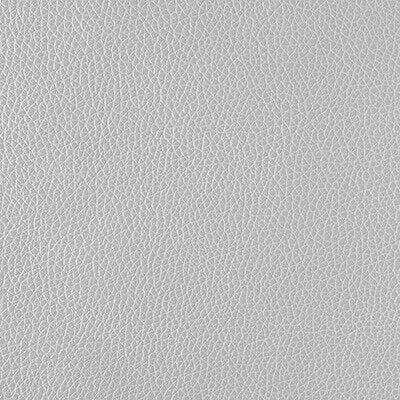
Vinyl Fabric
Discover the versatile world of vinyl material - its characteristics, history, and wide-ranging applications. Explore how vinyl has evolved to become a resilient and adaptable choice in industries like construction, automotive, fashion, and healthcare.
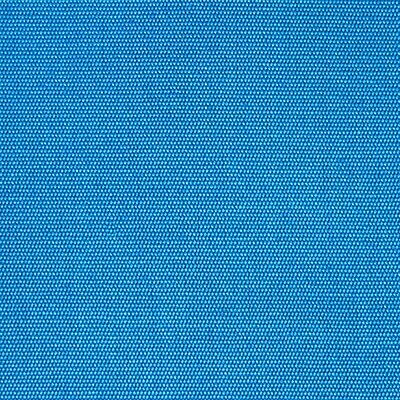
Polyester Fabric
Dive into the world of versatile and sustainable fabrics like polyester. Discover their characteristics, history, uses, and care tips in our informative article. Explore how these fabrics are shaping modern industries and embracing eco-friendly practices.
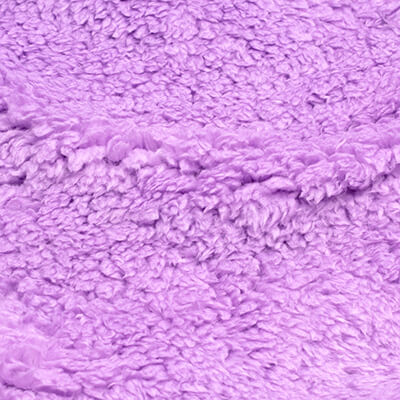
Plush Fabric
Discover the world of plush fabric: explore its soft, luxurious qualities, delve into its historical evolution, learn about its versatile uses, and find essential care tips for maintaining plush items. Experience plushness like never before!
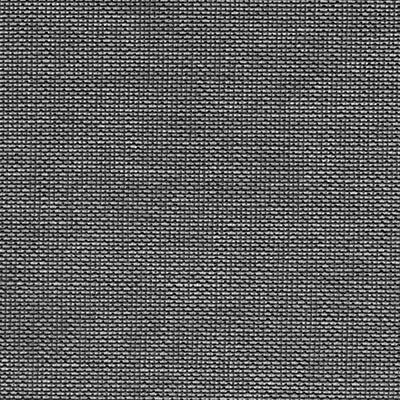
Nylon Fabric
Discover the enduring appeal of nylon material: its distinctive characteristics, intriguing history, versatile applications, and essential care tips to ensure longevity and performance. Explore the world of nylon like never before.
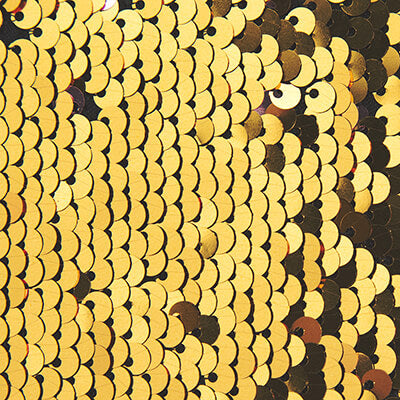
Sequin Fabric
Dive into the world of sequin fabric, where shimmer meets sophistication. Discover its history, explore diverse applications, and learn essential care tips to keep your sequin-adorned treasures gleaming for years to come.




